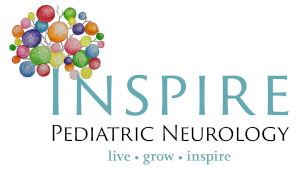Headaches-Migraines in Children
What are headaches / migraines?
Headaches in children are common. Some headaches are mild while others can be more severe and impact a child’s daily functioning. Headaches can affect mood, school performance, and participation in social activities.
The most common headache syndrome affecting children is migraine. Approximately 10% of school aged children experience migraine. Migraine headaches tend to run in families. About 70% of children and adolescents who experience migraines have an immediate family member who also has migraines or had them when they were children.
Signs and symptoms of headaches / migraines
The two most common types of headaches in children and
adolescents are tension headaches and migraine headaches.
Around 1% of children also have chronic daily headaches. These are migraines and tension headaches
that occur more than 15 days a month.
A child with a tension headache might experience:
- A feeling of squeezing or pressure around the front, sides, and back of the head
- Dull, steady pain
- Pain that is not made worse by activity
- No nausea or vomiting
- Muscles of the scalp, face, neck, and shoulders may be sore to the touch
A child with a migraine headache might experience:
- Pounding, throbbing pain on one or both sides of the head
- Pain that is worsened by rapid motion
- Dizziness, feeling tired
- Nausea, vomiting, belly pain
- Seeing spots or halos
- Sensitivity to light, noise, and/or smells
Getting help if you are concerned your child has headaches / migraines
Headaches in children can often be treated with over-the-counter (OTC) pain medications and by following healthy habits such as a regular schedule for sleeping and eating. For prolonged symptoms that are interfering with your child’s daily functioning, consultation with a headache specialist may be needed. Identifying and appropriately treating headaches early can prevent progression of symptoms and lead to improved overall functioning. Our expert Neurological Consultation can help improve your child’s quality of life and allow them to become functional at home and in school, as well as improve their social and emotional well being.
